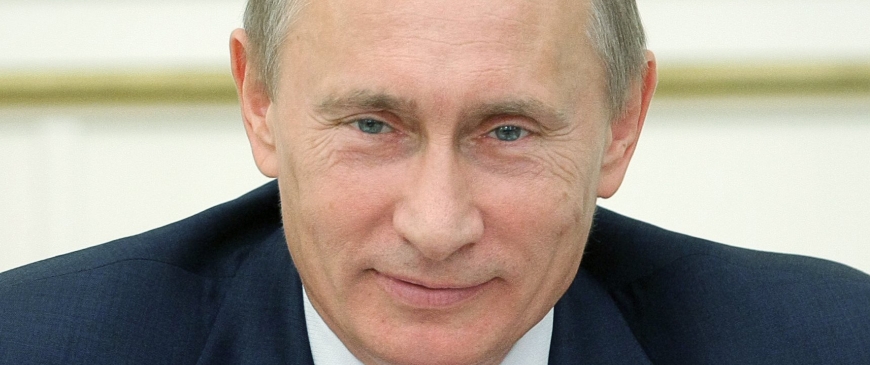
Tougher financial action could sway Putin, expert says
Ignoring sanctions against a few individuals in response to Russia's actions in Ukraine, Russian President Vladimir Putin moved Tuesday to formally annex Crimea. Now Vice President Joe Biden is promising more sanctions to come.
What kind of additional financial pressure would it take to get Putin to back off? CBS MoneyWatch asked Ian Bond, foreign policy director at the Centre for European Reform, to share his insights.
CBS MoneyWatch: How effective do you think the first round of sanctions has been?
Ian Bond: The first lot, announced Monday, was just on individuals, mostly nonentities. Unfortunately, they have had no effect at all. Putin has concluded he can do what he likes.
CBS MoneyWatch: What's next? Do you expect a strong response from Europe and the US?
IB: I'm less hopeful than I was yesterday. The weak initial effort suggests that there is resistance to doing anything too important.
CBS MoneyWatch: Why the resistance?
IB: In the European Union, some countries are heavily exposed to Russia in one way or another. In France, banks have a lot of loans to Russian corporations. Germany has an enormous amount of trade with Russia. Germany and Italy depend on Russia for gas. All of those are reasons which tend to discourage countries from getting tough with Russia.
CBS MoneyWatch: Will Russia impose their own sanctions in retaliation?
IB: I'd be surprised if they did not do something. I would expect them to impose a mixture of mirror-image restrictions. Although there are very few Americans who hold assets in Russian banks so there isn't much they can do on that score.
CBS MoneyWatch: Assuming the sanctions get more severe, how far could this go, and what are the economic implications?
IB: It's hard to imagine we would reach a stage where Europe or the US would not be doing any business with Russia. We didn't reach that stage in the Cold War. If Europeans are smart, they will diminish reliance on Russian oil and gas. And Americans should start selling natural gas to Europeans, which would be good business for American companies. Ultimately, I think there will be a cooling in economic relations, and that could have an impact.
CBS MoneyWatch: Do you think US investors and pension funds will withdraw assets from Russia?
IB: It certainly does seem plausible that US investment managers would reallocate some assets. If I were a Western investor, I would take a long, hard look at whether I want my money invested in Russia right now. That could have an impact.
After all, Russia is an economy which is running out of growth potential, and it's going to need foreign investment and expertise if it is ever going to improve. I don't know if that would influence Putin, who is quite ideological. But in the long term it has to have some influence on people looking at future of the Russian economy.
CBS MoneyWatch: You mean Putin could lose support?
IB: If the EU and the US are prepared to apply financial sanctions on individuals and companies which are close to Putin - they could start by applying money-laundering laws - you might see political pressure building on him.
If only a few second-rate Russian politicians and mid-level military officials are included, we're going nowhere and Putin is certainly going nowhere. He's sitting right there in Crimea.
